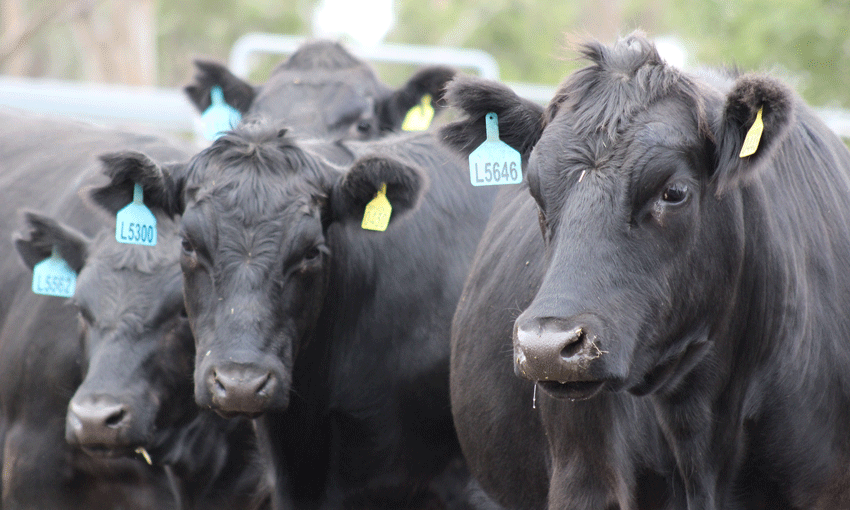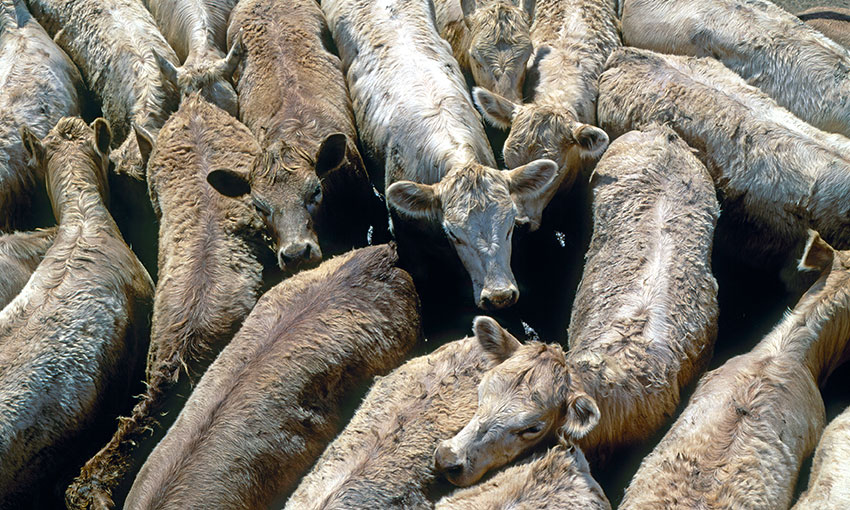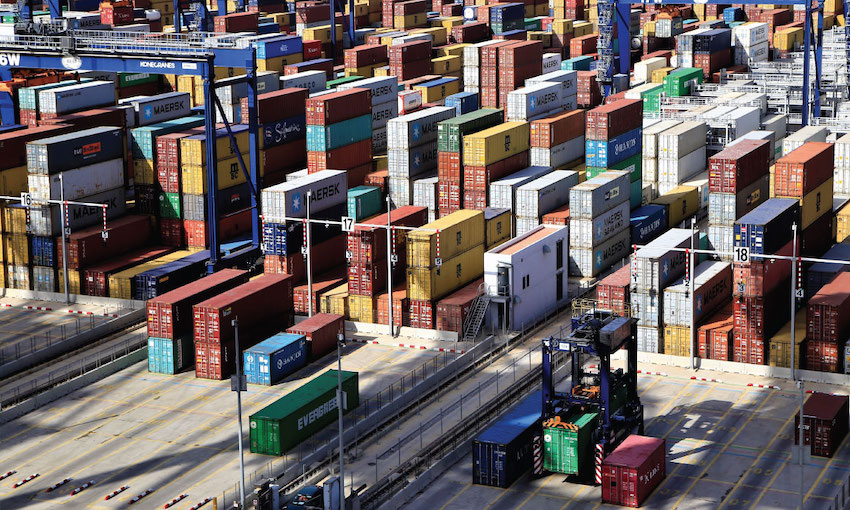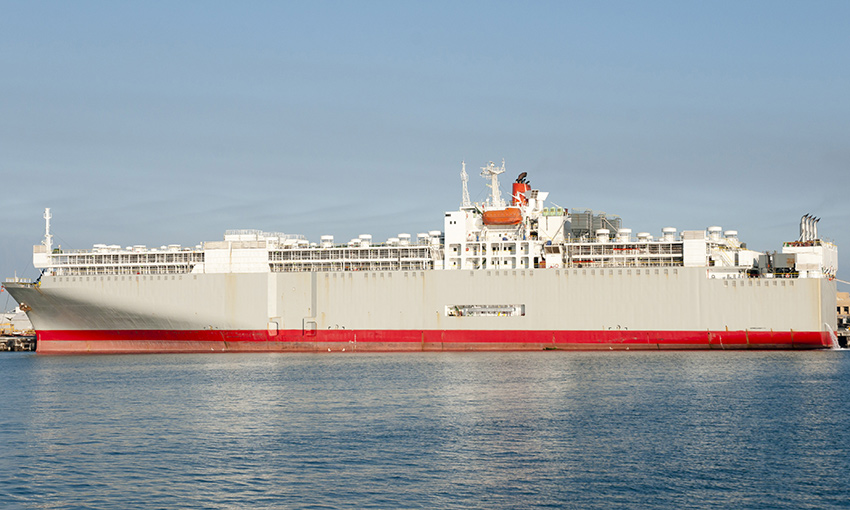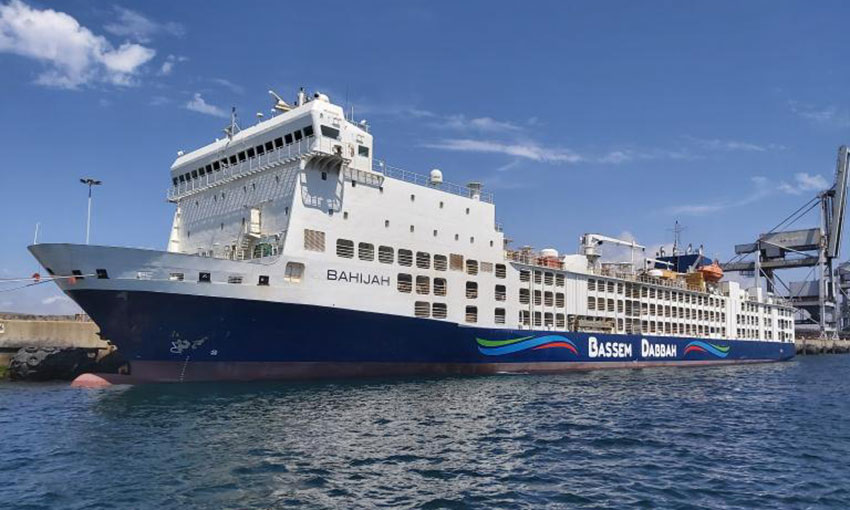INDONESIA has agreed to lift its restrictions on live cattle and buffalo exports from Australia with immediate effect.
The Department of Agriculture, Fisheries and Forestry on 9 September announced the trade would resume, after the department provided Indonesian authorities with negative test results for lumpy skin disease (LSD) in Australian cattle and buffalo.
Indonesia suspended shipments from four Australian establishments and placed restrictions on a further three establishments after livestock allegedly arrived in the country with LSD.
Nicola Hinder, acting deputy secretary of the Agricultural Trade Group, DAFF, said LSD has never been detected in Australia and that the country remains free from the disease.
“Our ongoing freedom from the disease, as well as other pests and diseases, emphasises the success of Australia’s robust biosecurity systems underpinning Australian agriculture trade,” she said.
“We thank our government partners in Indonesia for their continuous cooperation and look forward to resuming the supply of healthy, high-quality Australian cattle to Indonesia.”
Federal minister for agriculture, fisheries and forestry Murray Watt also welcomed the announcement.
“This means the live cattle and buffalo export trade from Australia to Indonesia can now resume,” he said.
“We have always maintained that Australia is free of lumpy skin disease, demonstrated by the results of extensive testing undertaken across Northern Australia.”
NT minister for agribusiness and fisheries Paul Kirby noted Indonesia’s move lift restrictions followed a recent decision in Malaysia. The country suspended live cattle exports from Australia after the LSD scare in Indonesia but lifted its restrictions earlier this month.
“With Malaysia recently making the same announcement, this means our critical live cattle industry can return to normal export routes as quickly as possible,” Mr Kirby said.
“This has been an intense period and the disruption to our industry has been acknowledged.
“Indonesia is an important trade partner for Australia and the Northern Territory and we thank their officials for their collaborative approach to resolving this issue as quickly as possible.
Mr Watt also thanked those who contributed to reaching the resolution including DAFF officials and the delegation which travelled to Jakarta.
“I thank industry for their patience and co-operation throughout this time,” he said.
“And I thank our friends in Indonesia for their assistance to resolve this issue, so that this mutually beneficial trade can now resume.”

